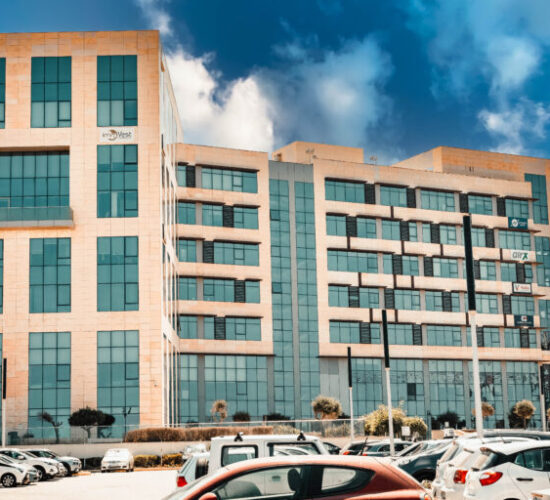
If your career plan includes securing a high-level management position or becoming a successful global entrepreneur in the area of logistics and supply chain management, then the Global College Malta Master of Business Administration (Logistics and Supply Chain Management) degree will help open those doors for you to work anywhere in the world and ultimately prove that you are an expert within the logistics and supply chain industry.
The Global College MBA (Logistics and Supply Chain Management) degree is designed to integrate your own work-based learning and teach you the academic skills and ethics to become a successful leader who can think logically and independently. Our MBA (Logistics and Supply Chain Management) will prepare you for the challenges of management, exposing you to the latest thinking in business across a variety of sectors within an international context. You will engage with key management disciplines including financial and economic analysis, strategy and innovation, managing and developing people, global marketing management, cross-cultural management and ethics and, of course, operations and supply chain management.
Fundamental to our approach is a focus on both theory and practice. You will engage in activities ranging from lectures to workshops. Your final project will allow you to further develop your consulting skills, write a business plan or engage in a more traditional academic report.
Our strong emphasis on your personal and leadership development will be supported by regular sessions to develop your skills in a wide range of areas from communication and negotiation to team-building and leadership.
The course is studied on a full-time basis over a period of one year.
| Intakes 2026 | ||
|---|---|---|
| Intake Month | Intake Start Date | Application Close Date |
| January 2026 | Monday, 26 January 2026 | Friday, 24 October 2025 |
| March 2026 | Monday, 02 March 2026 | Monday, 15 December 2025 |
| April 2026 | Monday, 06 April 2026 | Friday, 09 January 2026 |
| May 2026 | Monday, 11 May 2026 | Friday, 06 February 2026 |
| June 2026 | Monday, 15 June 2026 | Friday, 20 March 2026 |
| July 2026 | Monday, 20 July 2026 | Friday, 17 April 2026 |
| August 2026 | Monday, 24 August 2026 | Friday, 22 May 2026 |
| September 2026 | Monday, 28 September 2026 | Friday, 26 June 2026 |
| November 2026 | Monday, 02 November 2026 | Friday, 31 July 2026 |
The degree is designed to provide a combination of knowledge in the field of business and management together with the practical elements of events management and an in-depth understanding of the potential impacts of events and their role in developing destination product and destination image. The degree has a strong international perspective.
The degree provides a strong grounding in the subject and the theoretical principles that underpin tourism and event policy and management, but also a strong emphasis on your skills development for the workplace, including presentation skills, research and data analysis, budgeting for events, negotiation and content planning.
| Accredited Status | Type of Qualification | Mode of Delivery |
|---|---|---|
| Accredited by the MFHEA | Masters degree | Face-to-face |

All the College’s courses will provide you with an in-depth understanding of contemporary management techniques, and will allow you to develop the skills to become an effective and socially responsible manager in local and global arenas, whether in public, private or third sector organisations and enterprises.
The course is studied on a full-time basis over a period of one year.